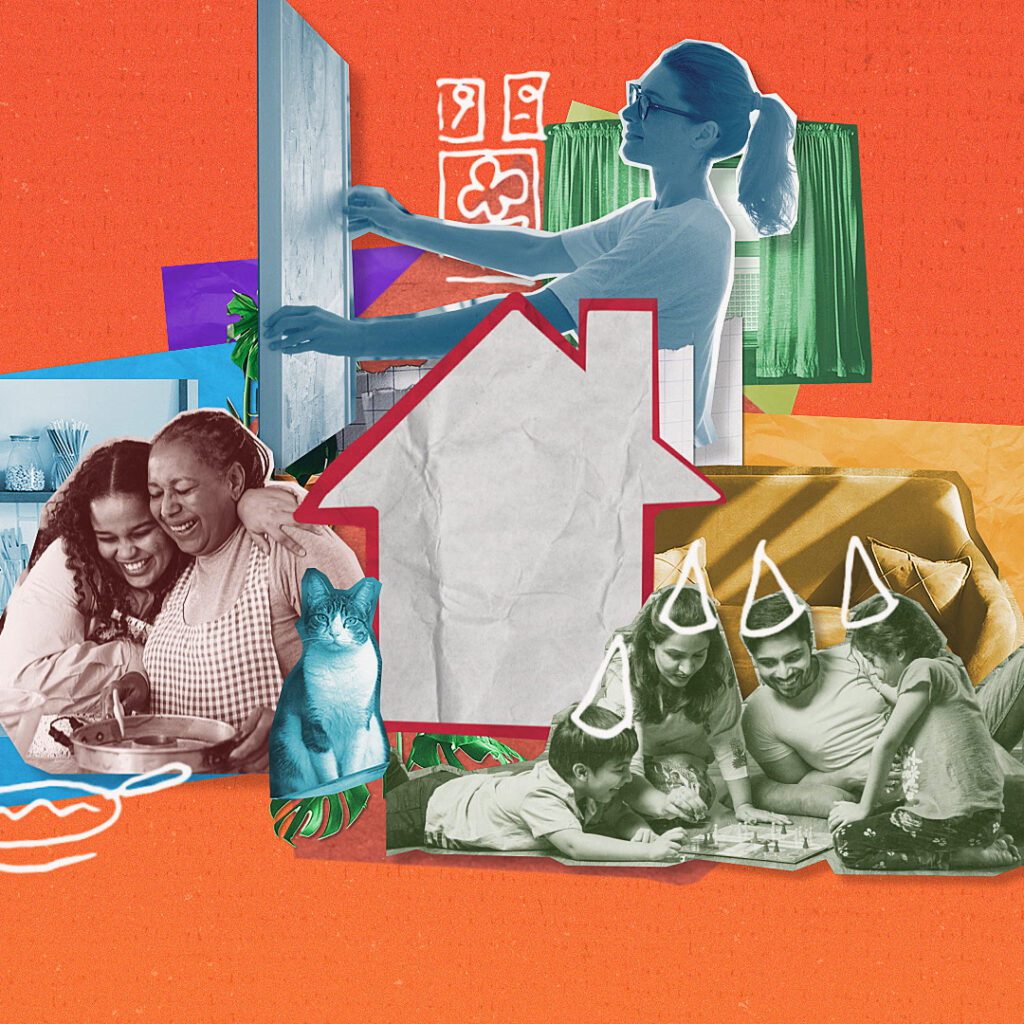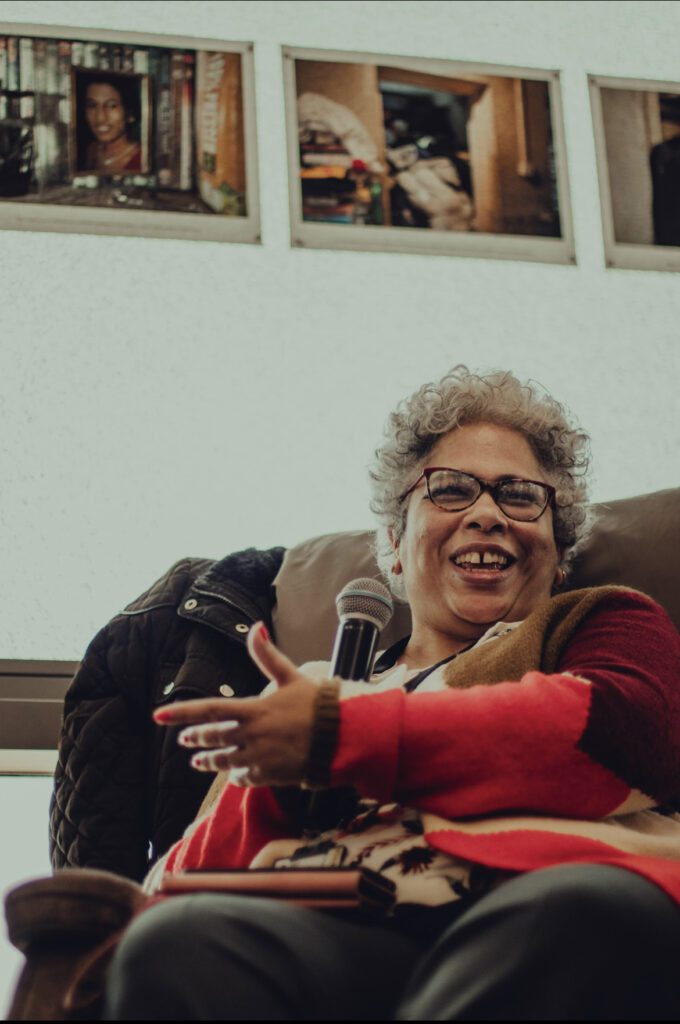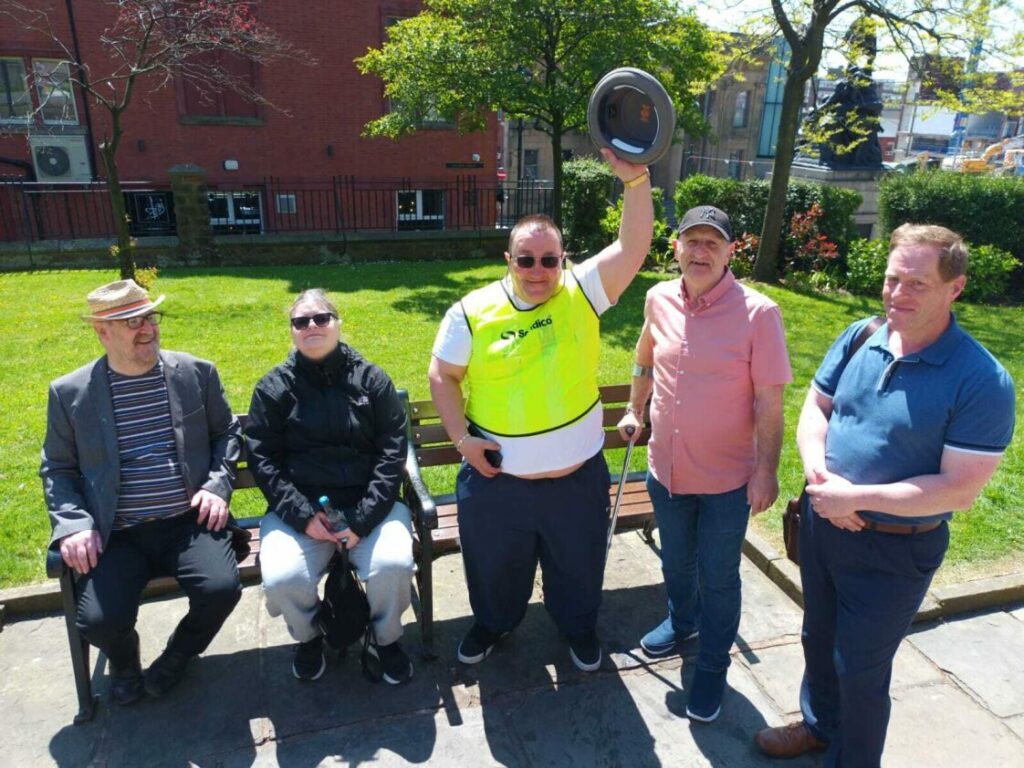Self-directed support (SDS) empowers people to take control over the design, commissioning and management of their own support.
Instead of traditional service providers dictating the nature and timing of care or support, Self Directed Support (SDS) involves people assuming control over budgets, and tailoring support to their own goals and preferences.
In England, all people who are assessed as eligible for publicly funded social care or support are allocated a personal budget. At present, they can request this to be expressed as cash in lieu of commissioned services in the form of a ‘direct payment’ which they then manage, or explore the establishment of an ‘Individual Service Fund’ whereby a third-party organisation manages the budget in their behalf in line with their expressed goals and wishes. People can also choose for their local council to manage the budget on their behalf.
Personal Health Budgets are similar to personal budgets in the field of social care and are available to people who receive NHS Continuing Healthcare, people with a mental health condition who are eligible for after-care having been detailed under certain sections of the Mental Health Act, and people who are referred to and eligible for their local wheelchair service.



